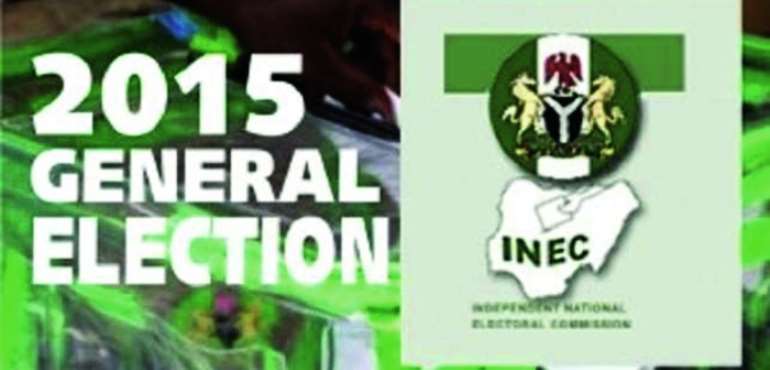Lessons from the guber, state assembly polls – The Sun

Hopes that the largely peaceful atmosphere that marked the presidential election of March 28 would seamlessly flow into the gubernatorial and state assembly polls were dashed on April 11 as outbreaks of violence marred the exercise in some parts of the country, leaving nearly two dozen Nigerians killed, and many others injured.
The polls, however, produced clear winners in 26 states, with the All Progressives Congress (APC) candidates winning in 19 of the states, while the Peoples Democratic Party (PDP) candidates won seven. Re-run elections are to hold in parts of Taraba, Abia and Imo states, where the polls were declared inconclusive by the Independent National Electoral Commission (INEC).
But, the violence that characterised the elections must not be glossed over. The perpetrators of the violent murders must be tracked down and punished. Let the Inspector-General of Police put his best detectives on these cases to ensure that the culprits, no matter how highly placed they are in society, are brought to book. If this is not done, we will be laying the foundation for more violence in other elections that will hold in the country. Violence, we must say, is the antithesis of democracy. It hinders and negates free choice, even as it undermines law and order. When unpunished, it breeds even greater violence.
We must, however, commend INEC, in spite of its many shortcomings. It stood by its principle that where there is no significant evidence of wrongdoing or major malpractice, results have to be accepted. Aggrieved candidates were advised to seek redress at the election tribunals.
The card readers, despite the anxious moments they caused millions of voters including President Jonathan on March 28, seem to have created a more trans parent accreditation system which is the first step to a free and credible election. We urge INEC to further explore this technology with a view to achieving bet ter results in the future.
Indeed, many Nigerians now believe that if the card reader system is perfect ed, it could facilitate and simplify polling, such that all the elections could be held in one day and the voting done in two simple steps of accreditation and voting, without the need for a waiting time which demanded greater effort from the voter. There is no doubt whatsoever that the tedium of voting partly explains the drastic drop in voter turnout and participation during the gubernatorial elections.
This election cycle has demonstrated that we can change governments peace fully. All complaints following the polls should, therefore, be resolved peacefully in all states. The persons that have been elected as governors in all states should not really matter if they all de cide to be governors of all the people in their states, and not governors of certain sections or particular people in the states. Political actors in states where the polls were volatile should, therefore, call a truce and join hands in moving the states forward in the best interest of their people.
A state government that is all-inclu sive is the best. The winner-takes-all syndrome is always a source of trou ble. Winners of electoral contests should always think of the welfare of defeated opponents and how to turn them into supporters. Elections should never be a zero sum game.
We appeal to all Nigerians to re flect on the tension and anxieties that preceded the general elections and the peaceful prosecution of the exercise in most parts of the coun try. Happily, the 2015 elections are largely over and done with. The electoral map has been re-drawn for the first time in 16 years and every Nige rian who did the right thing deserves commendation.
We are happy with the way most of the winners and losers in the polls have accepted their fate. Democracy is about the people. So, the winners should be greatly concerned about how to improve their lot. Many Nige rians are yearning to improve their living conditions through gainful em ployment, stable electricity, potable water as well as good health facilities and housing. Nigerians want democracy to succeed and this can only happen with good governance.
Other cases of gross electoral mis conduct occurred besides violence. Ballot box snatching, results altera tion and other serious infractions were recorded. It is sad that in pre vious years, no one has gone to jail for these criminal offences. INEC should help the police to trace all the offenders for prosecution. They are the reason elections are peril ous events in Nigeria. The electoral agency should also explore the pos sibility of making these offences im possible, for instance, by transmit ting the results electronically to the collation centres. It should also im prove on its logistics for polls.
We urge INEC to speedily conclude elections in the areas that they have been rescheduled. Exiting state gov ernors should follow the lead of the Federal Government and execute credible and transparent transition programmes to ensure seamless transmission of power to their suc cessors.
